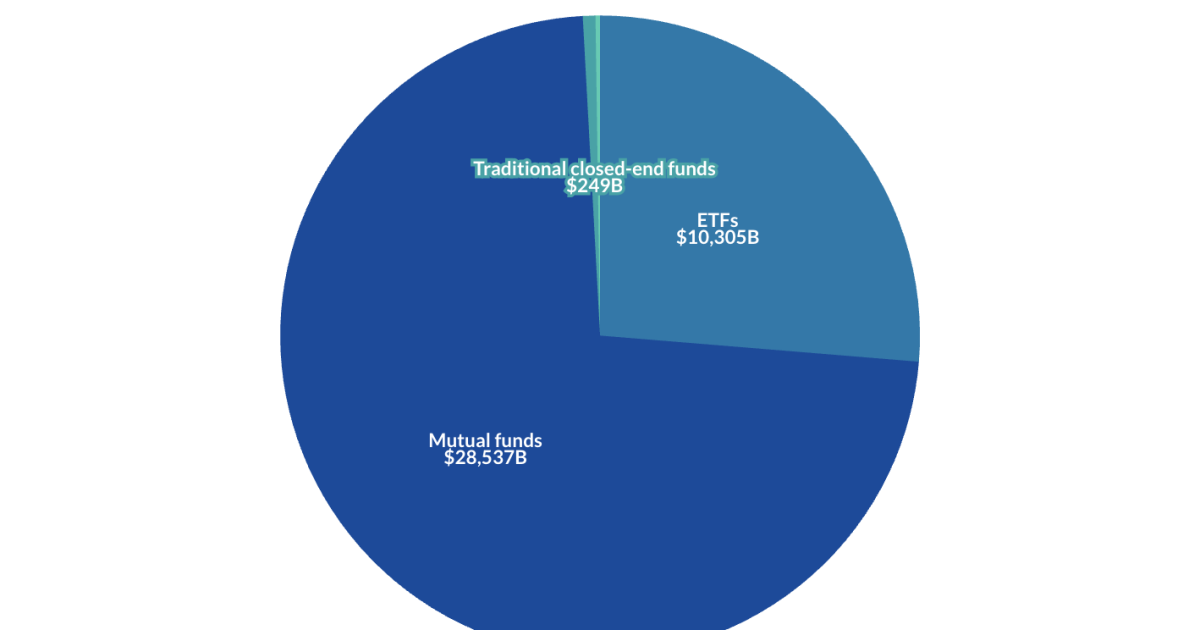At the heart of every nation’s economic engine lies the banking industry, responsible for facilitating the flow of capital, managing financial risks, and enabling businesses and individuals to thrive. This vital sector plays a pivotal role in driving economic growth, fostering innovation, and ensuring the smooth functioning of global markets. For those seeking a dynamic and rewarding career, the world of banking offers a diverse array of opportunities that extend far beyond the traditional roles associated with this industry.
Retail Banking: The Face of the Industry
Retail banking is often considered the frontline of the banking sector, serving as the primary point of contact between financial institutions and their customers. Bank tellers, personal bankers, and loan officers are the ambassadors of the industry, providing essential financial services and guidance to individuals and families.
Bank tellers handle cash transactions, answer customer inquiries, and promote various banking products and services. Their exceptional customer service skills, attention to detail, and ability to multitask are crucial in ensuring a positive banking experience for clients.
Personal bankers act as financial advisors, guiding clients through their banking needs, from opening accounts to securing loans and managing investments. They leverage their in-depth product knowledge and interpersonal skills to build lasting relationships and provide tailored solutions.
Loan officers specialize in evaluating and processing loan applications, navigating the complex world of lending regulations, assessing creditworthiness, and ensuring compliance with banking policies. Their analytical skills and ability to communicate complex financial information clearly are essential in helping clients make informed decisions.
Commercial Banking: Fueling Business Growth
The commercial banking sector plays a vital role in supporting the growth and success of businesses, ranging from small enterprises to large corporations. Commercial bankers, such as relationship managers, credit analysts, and portfolio managers, work closely with commercial clients to understand their financial needs and provide tailored solutions.
Relationship managers serve as the primary point of contact for business clients, offering guidance on financial products and services, while credit analysts evaluate the creditworthiness of potential borrowers, assessing risk and making informed lending decisions.
Portfolio managers oversee the bank’s commercial loan portfolios, ensuring effective risk management and monitoring the performance of these investments. Their expertise in financial analysis and risk assessment is crucial in mitigating potential losses and maximizing returns.
Investment Banking: Driving Corporate Strategies
Investment banking is often regarded as the pinnacle of the banking industry, where finance professionals play a crucial role in facilitating complex financial transactions, mergers, and acquisitions. Investment bankers work closely with corporate clients, advising them on strategic decisions, structuring deals, and raising capital through various financial instruments.
Analysts and associates form the backbone of investment banking teams, conducting extensive financial analysis, building pitch books, and supporting senior bankers in their client engagements. As they progress through the ranks, they take on increasingly complex responsibilities, such as managing client relationships, structuring intricate deals, and leading teams of professionals.
Success in investment banking demands exceptional analytical skills, a deep understanding of financial markets, and the ability to work under intense pressure and tight deadlines. It is a rewarding yet demanding career path that offers significant financial rewards for those willing to put in the long hours and dedication required.
Risk Management: Safeguarding Financial Stability
In the wake of financial crises and tightening regulations, the role of risk management has become increasingly crucial within the banking industry. Risk analysts, compliance officers, and auditors work tirelessly to identify, assess, and mitigate potential risks, ensuring that banking operations adhere to strict regulatory guidelines and ethical standards.

Risk analysts leverage advanced analytical techniques and data modeling to quantify various types of risks, from credit risk to market risk and operational risk. Their insights inform risk management strategies and help banks make informed decisions about lending, investments, and overall risk exposure.
Compliance officers play a vital role in ensuring that the bank’s policies, procedures, and practices align with regulatory requirements and industry best practices. They stay up-to-date with evolving regulations, conduct training and awareness programs, and monitor the bank’s activities to identify and address potential compliance breaches.
Auditors, both internal and external, provide an independent and objective assessment of the bank’s risk management processes, financial reporting, and overall compliance. Their findings and recommendations help banks strengthen their controls, mitigate risks, and maintain the integrity of their operations.
Financial Technology and Innovation
As the banking industry undergoes a digital transformation, new career opportunities are emerging at the intersection of finance and technology. Data analysts, cybersecurity experts, and user experience (UX) designers are playing pivotal roles in shaping the future of banking services.
Data analysts leverage advanced analytical techniques and machine learning algorithms to uncover valuable insights from vast troves of financial data. Their work informs decision-making, identifies new opportunities, and drives business strategies within the banking sector.
Cybersecurity professionals are responsible for safeguarding the bank’s digital infrastructure and sensitive customer data from ever-evolving cyber threats. They implement robust security measures, conduct vulnerability assessments, and respond swiftly to potential breaches, ensuring the confidentiality, integrity, and availability of critical systems and information.
UX designers focus on creating intuitive and user-friendly digital banking experiences. They collaborate with product teams to design seamless interfaces, streamline processes, and ensure that banking services are accessible and engaging across various platforms and devices.
Skills and Qualifications
Regardless of the specific banking role you pursue, there are certain essential skills and qualifications that will serve you well in this industry. Strong analytical and problem-solving abilities are paramount, as many banking jobs involve analyzing complex financial data, identifying patterns, and making informed decisions.
Effective communication skills are also crucial, whether you’re interacting with clients, presenting to stakeholders, or collaborating with cross-functional teams. Additionally, a solid understanding of finance, economics, and accounting principles will provide a strong foundation for success in the banking world.
While educational requirements may vary depending on the role and level of responsibility, most banking careers demand at least a bachelor’s degree in finance, economics, accounting, or a related field. For more specialized positions, such as investment banking or risk management, advanced degrees like an MBA or a master’s in finance can give you a competitive edge.
Professional certifications, such as the Certified Financial Planner (CFP), Chartered Financial Analyst (CFA), or Financial Risk Manager (FRM), can further enhance your credibility and demonstrate your expertise in specific areas of finance.
Conclusion
The banking industry is the heartbeat of the global economy, playing a crucial role in facilitating financial transactions, managing risks, and driving economic growth. With its diverse array of career paths, the sector offers exciting opportunities for those seeking a dynamic and rewarding profession.
From the frontlines of retail banking to the high-stakes world of investment banking, the industry demands a combination of analytical prowess, financial expertise, and strong interpersonal skills. By aligning your interests, skills, and aspirations with the right role, and continuously investing in your professional development, you can unlock a fulfilling and financially rewarding career in this vital sector.
Embrace the challenge, seize the opportunities, and embark on a journey that not only shapes your career but also contributes to the financial well-being of individuals, businesses, and economies worldwide. The pulse of the economy awaits your passion and dedication.






